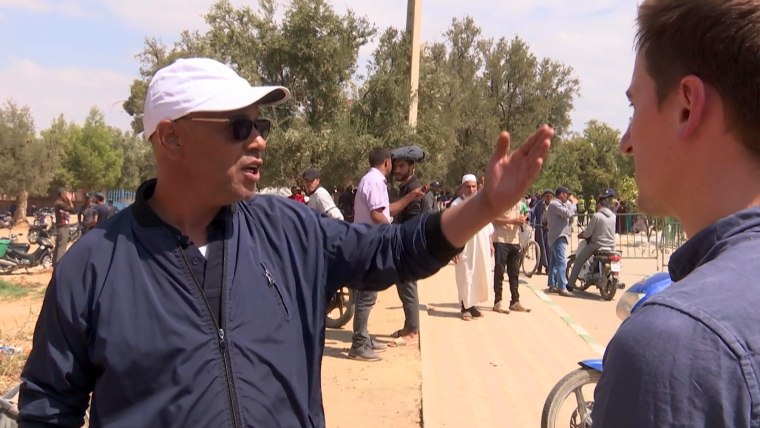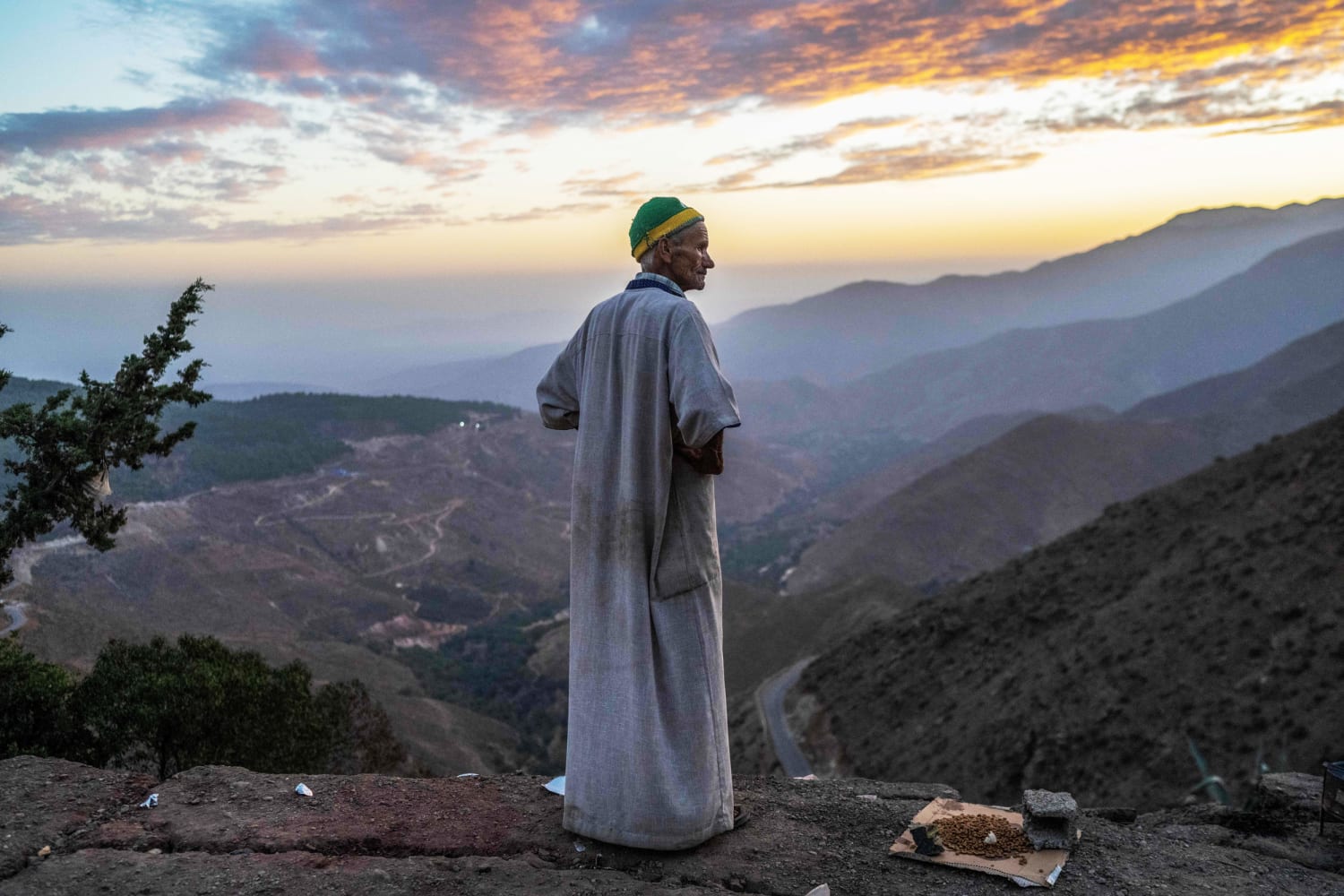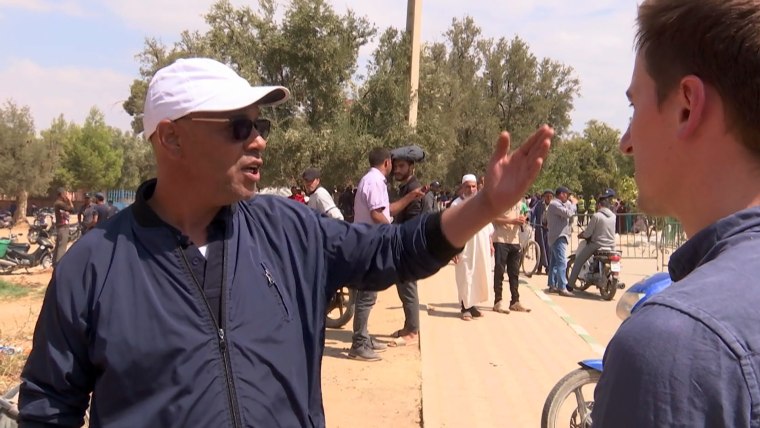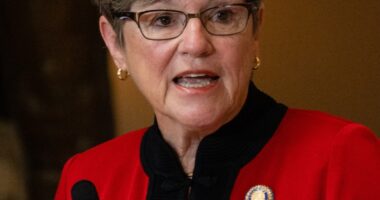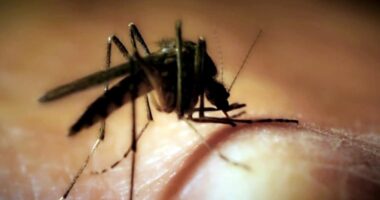AZERMOUN, Morocco — Villagers in some of the most isolated areas hit by Morocco’s earthquake were still living in makeshift tents and relying on donkeys to bring vital supplies on Thursday as they waited for state aid to reach them nearly a week after the disaster.
The 6.8 magnitude earthquake that struck the High Atlas Mountains late on Sept. 8 killed 2,946 people and injured 5,674, according to the latest official figures, making it Morocco’s deadliest since 1960 and most powerful since at least 1900.
While orderly camps of large, government-issued tents and military field hospitals have sprung up in some of the larger towns, parts of the rugged region are still surviving on donations left on roadsides by citizens.
Reuters reporters travelling along a remote road connecting Amazigh, or Berber, villages, saw survivors camped out in small tents or under plastic sheets, scared that aftershocks could destroy their damaged houses.
“We Amazigh feel like foreigners in our country. We feel isolated. The people here are in need. They feel like they are alone,” Radouen Oubella, 20, said in his village of Azermoun.
He was echoing long-held grievances about the marginalization of Amazigh in the majority Arab nation.
The government has said it is doing everything it can to help all earthquake victims.
The royal palace said in a statement on Thursday that 50,000 houses were known to have been damaged by the earthquake, and it would provide shelter and 30,000 dirhams ($3,000) to affected households.
It also pledged to offer reconstruction aid of 140,000 dirhams for collapsed homes and 80,000 for damaged ones.
The city of Marrakech, which was about 72 km (45 miles) from the epicenter and suffered some damage, will host the annual meetings of the World Bank and the International Monetary Fund as planned on Oct. 9-15, Morocco’s central bank governor said on Thursday.
But in the Amazigh villages there was little sign of help from the authorities materializing or of life returning to normal anytime soon.
On a hilltop at Azermoun, men were sharing out and loading supplies of food and water onto donkeys and mules to transport them to Aoufour, some 15 km away, in a slow-moving convoy of people and animals.
“The people are suffering in this earthquake. They have nothing. We live only on air. We need tents and blankets,” said Mohamed Zidane, 55, from Aoufour.
Source: | This article originally belongs to Nbcnews.com
